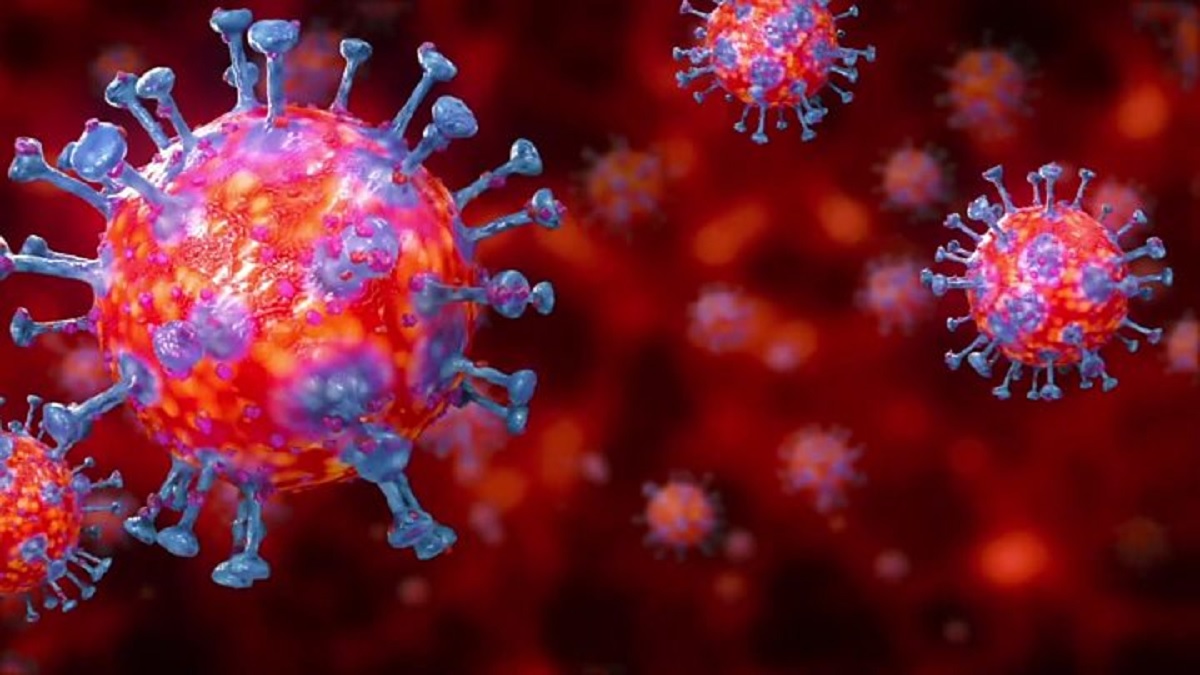


Not being okay is okay. However absurd this statement may sound, in the end, this is all that matters. It is time to acknowledge the statistics that are alarming: Specialists around the world have mentioned a 20% rise in the mental health patient count amidst the pandemic. WHO recently published a paper ‘Mental health and psychosocial considerations during the Covid-19 outbreak’. This stated that the post Covid-19 trauma has to be keenly looked into. There are patients who have been hit by the virus but then there are as many who have had the ripple effect of the virus. People who have been in lockdown for over a month, ones who have lost livelihood due to the pandemic. Children who have been home and don’t understand why, students who might be losing an academic year due to the uncertainty. We have seen a upsurge in domestic violence and abuse.
All these issues lead to mental illness in some way or the other. Google search trends show that in India words like depression and anxiety have made way in top 5 searches over the past one month. How do we combat mental health issues. Rachna Subramanian, CRC, M.Phil, M.Sc Mental Health Consultant Psychologist advises people to ‘keep calm’, take out some ‘me’ time, follow a routine, be disciplined, indulge in activities at home. “Try and keep away from constant COVID information, lesser use of phone more focus on self.” She adds an important take away for people who are staying alone and are all by themselves : “One mustn’t misconstrue distancing as ‘emotional disengagement’. Now would the time to reconnect with old friends and family members through virtual mediums.
Finding a new hobby or taking an interest in learning a free online course. Once again you are responsible for how you come out of this pandemic, so take into control what is really in your control and be hopeful about the future.” Rachna also advises “not to self-medicate and to reach out for help if need be”. Governments are trying to do their bit in taking care of our mental health.”National Institute of Mental Health and Neuro-Sciences (NIMHANS) has also launched a toll-free number 08046110007. I request everyone to fight unitedly against this disease so if we see any mental health issues then all the institutes are equipped to provide you with the necessary support,” said Lav Agarwal, Joint Secretary, Ministry of Health, at the press briefing. All that everyone needs to remember is that we are not alone in this.